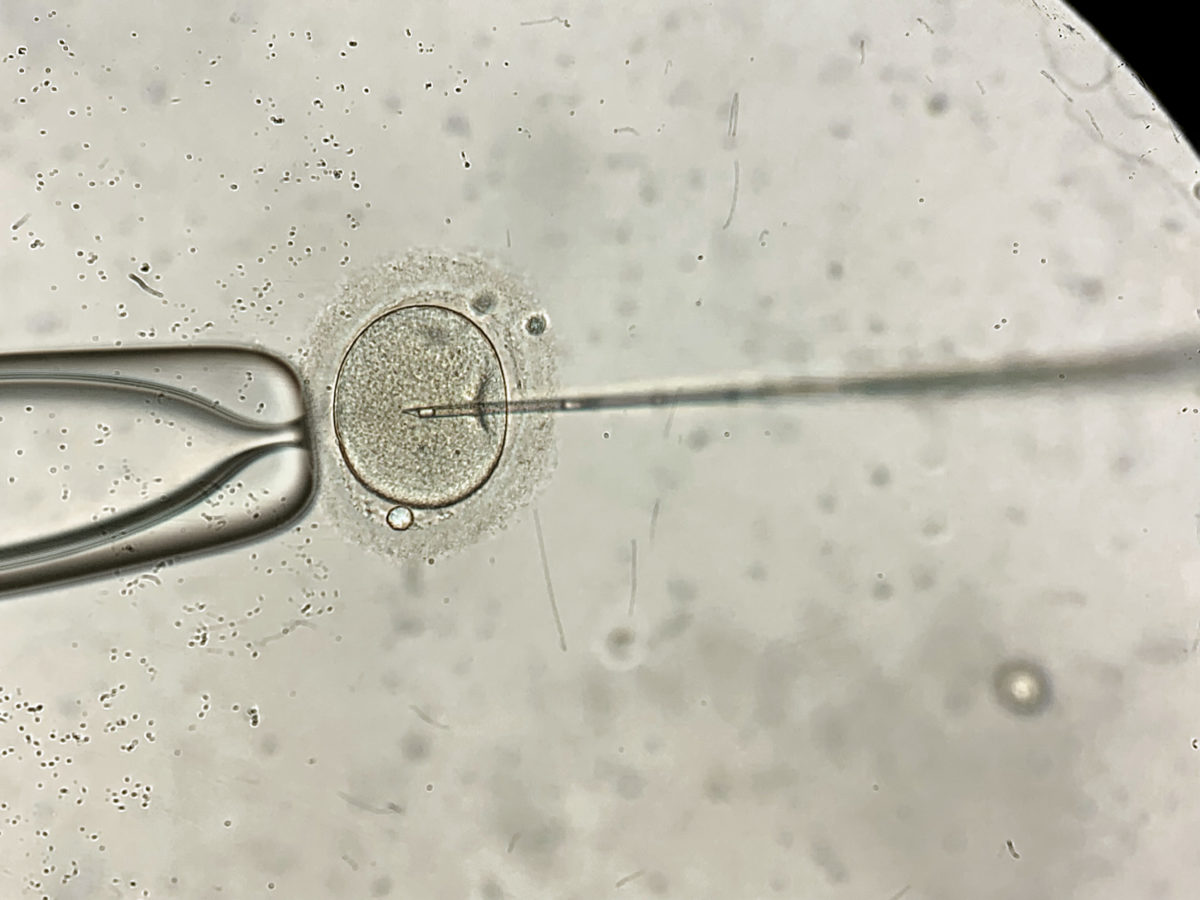By Gerard Letterie
Fertility care operates in a delicate emotional space that demands complete trust across the consult table. Trust that decisions will be made with the patient’s best interests. Trust that guidance will be offered exclusive of any other competing influence, be it financial, personal, or convenience.
In a post-Dobbs setting, new, restrictive laws may disrupt this delicate equilibrium. This concern is materializing with an increasing velocity as states look to further limit reproductive autonomy.
Next in the crosshairs might be the disposition of embryos in the context of IVF. Dobbs has energized the pro-life movement to expand beyond abortion to other reproductive technologies within the context of the catchphrase “life begins at conception.”
Though definitions of personhood may be debated and their applicability to embryos contested, for those in the scrum of day-to-day care, this debate has small relevance to the threat posed. To put it plainly: Never before in my twenty-five plus year career as a reproductive endocrinologist would the possibility of criminal prosecution loom as a consequence of making decisions in the patient’s best interest.
A case study will serve to level set the discussion and provide backdrop and context to the confounding impact that the designation of fetal personhood could have.
Anna is a patient I’ve known for over 8 years. The transfer of one genetically normal female embryo resulted in the birth of their daughter 5 years ago. One embryo was frozen for future use if needed. She returned at the age of 47 years, conflicted about this embryo. The unanswered, open-ended question was: what should I do with my embryo in storage? Transfer or discard?
But her decision was more complicated. The frozen embryo was not genetically normal. It had a complex genetic condition that could result in a child with an uncertain future. Their son may have a lifespan of 2 years or as long as 40 years. He may have near normal or markedly abnormal intellectual development. He could require considerable in-home care.
The list of uncertainties was long, rendering the decision more charged and emotional. Questions loomed: should she donate? (“To whom?”) Transfer? (“Can I really add this stress to my family? And at this age?”) One thing was clear: she needed to make a decision.
The case illustrates the complexity of these decisions. A decision to discard an embryo, maintain in inventory, transfer, or donate is very complicated. And the discussions and the trust required to reach ethically sound and personally acceptable decisions with the patient-provider relationship is essential. Is there law or threat of prosecution that could draw us closer to serving the best interests in this setting? Does conferring personhood on an embryo enable a family to arrive at the best outcome?
The progression from post-Dobbs restrictions on abortion to more constricting laws on other reproductive options is slow, steady, and stealth. The impact of these new laws will be to erode the confidence patients have in the decision-making process and force the discussion in a direction away from patient best interests to one of compliance with the law. Nothing could be worse.
Add the possibility that criminal charges could be brought against one or both parties — that is precisely the possibility that lurks. It is close enough for insurance coverage to be offered to providers. One such policy, offered by Physicians Insurance, is labeled criminal defense reimbursement coverage. This coverage is offered in part to supplement medical professional or hospital liability policies. The offering is made out of a concern of an increase in risk for criminal medical negligence with specific mention in the policy of the potential for criminal claims arising out of the Dobbs decision. The sponsors also note that the uncertainty and confusion in the courts over exactly what degree of risk and liability might exist.
The bottom-line logic here is: physicians and health care professionals are vulnerable, require coverage for criminal prosecution, and are entitled to a defense until proven guilty. This is an unprecedented set of circumstances that leads the insurance industry to define the need for such coverage.
Additionally, the move toward restricting IVF through fetal personhood legislation could result in insurers denying coverage for the creation of any embryos that a patient may never use.
But, if we look beyond the need for this coverage and the threat to physician and patient, a more sinister and broader concern is this: that the trust between provider and patient in any medical discussion could be eroded. So, the choices we may have to make may turn on protecting patient confidentiality, stepping up to provide care in patient best interests, or risking some degree of criminal complaint.
The pro-life movement knows and understands little about the emotional turbulence patients confront regarding the disposition of their embryos. They care even less about the complexities of navigating the journey, but are nevertheless shaping the boundaries that govern these interactions.
Gerard Letterie is a reproductive endocrinologist at Seattle Reproductive Medicine.
